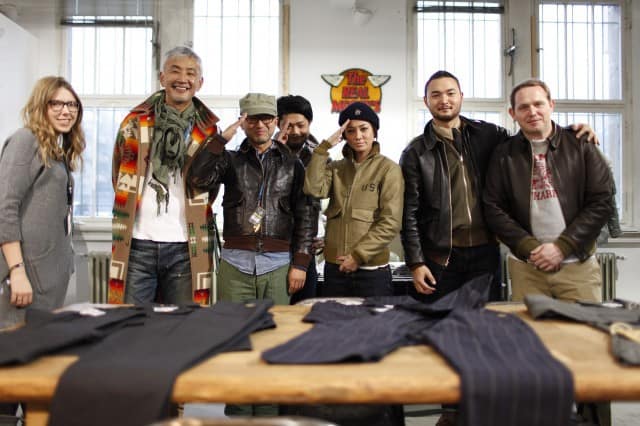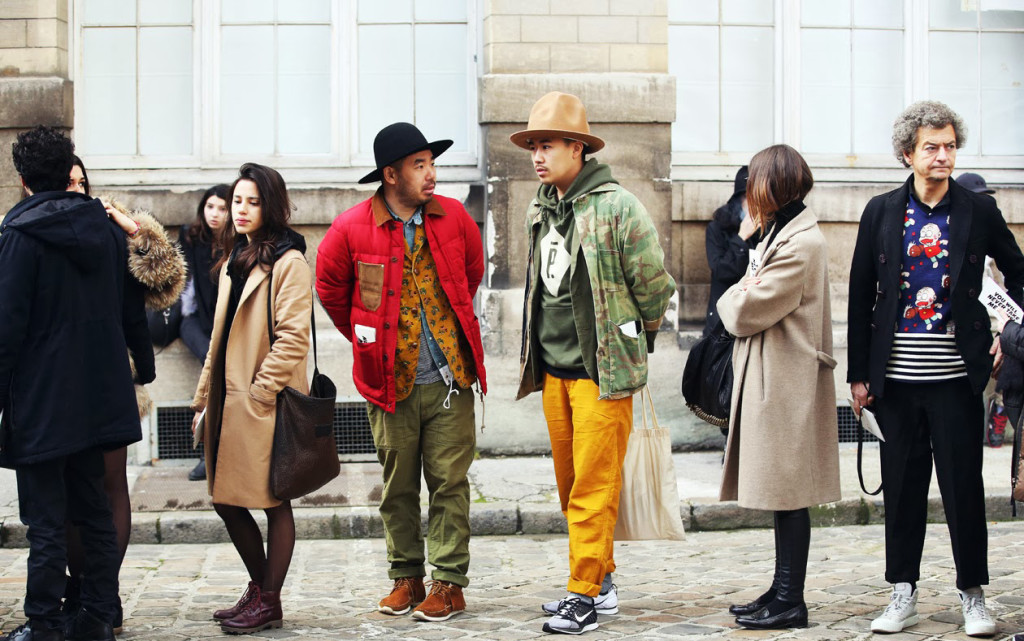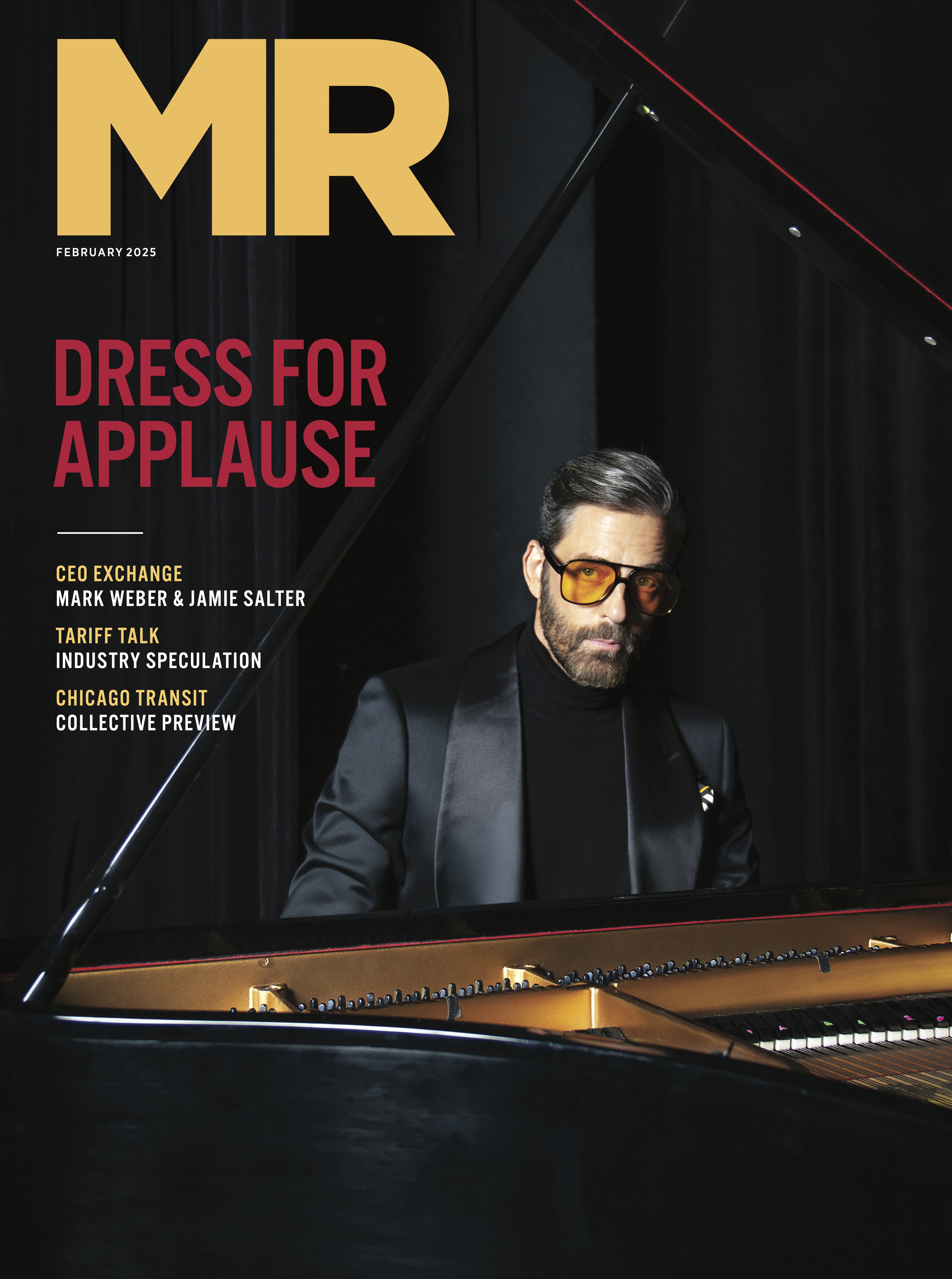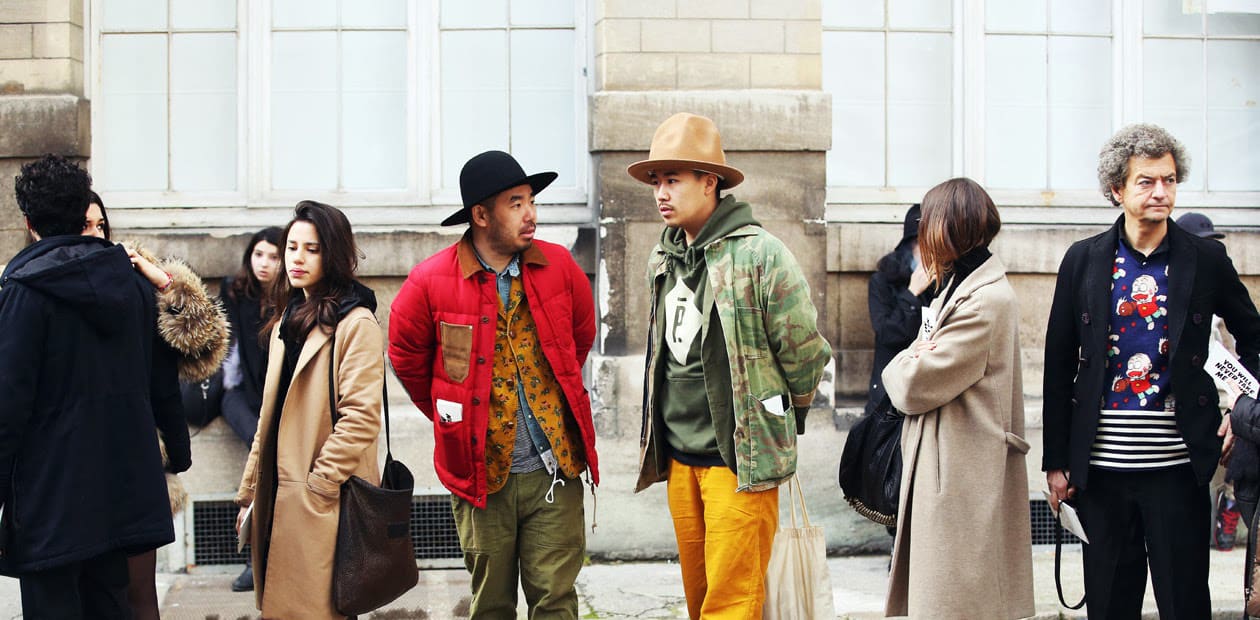WHY DOES AMERICANA SELL SO WELL IN JAPAN?


In this age of globalization it is almost possible to get almost anything almost anywhere. But America really is everywhere. There are few places in the world where a thrown stone won’t hit some American export, and while that phenomenon is most notable in the fast food industry, American fashion is not far behind.
Brands like Ralph Lauren, Tommy Hilfiger, and Calvin Klein are notable not just for their global ubiquity, but also for their saleability. Broadly speaking, collections on the runways in Paris, Milan and London are less focused on the mass market than America’s biggest brands, who have taken the pillars of American style, like work wear and prep, and capitalized on them.
But while these behemoth businesses have conquered the world, with Starbucks and the like on every main street in every major city, there is one country that’s taken ‘American’ beyond burgers and Budweiser. “The American presence in Japan now extends far beyond the fast-food franchises, chain stores and pop-culture offerings that are ubiquitous the world over,” observes journalist Tom Downey in Smithsonian Magazine. “There’s something about the perspective of the Japanese that allows them to home in on the essential elements of foreign cultures and then perfectly recreate them at home. It’s easy to dismiss the re-creations as faddish and derivative—just other versions of the way that, for example, the new American hipster ideal of Brooklyn is clumsily copied everywhere from Paris to Bangkok. But the best examples of Japanese Americana don’t just replicate our culture. They strike out, on their own, into levels of appreciation and refinement rarely found in America. They give us an opportunity to consider our culture as refracted through a foreign and clarifying prism.”

In the late 70s and 80s in Japan, the rarity of American-made clothes fueled a boom in the vintage import industry, with clothes from the 50s and 60s increasingly sought after. In the 20-year recession that followed, the influx of imported goods slowed significantly, but the obsession with Americana did not. Japanese brands like The Real McCoy’s and Workers began manufacturing blue jeans and biker jackets, but without the utilitarian requirements, which when coupled with the Japanese’s pursuit of perfection resulted in a sort of hyper Americana that influenced much of East Asia. Now Japanese brands that manufacture Americana-inspired clothing like Nanamica, Nonnative and Visvim sell Japanese-made Americana to Americans.
But with Japan’s economic recovery, Made in America is sought after once again.”We’ve been in Japan for thirty-five years, and it is currently our best foreign market,” says Pendleton President Mort Bishop. “There is so much interest among the fashion community in Japan for Pendleton; we’ve actually been making special product for them because of their fit needs, and it’s interesting that in the last few years we’ve had customers in Europe and the US ask what we’re doing in Japan.” But it isn’t just heritage brands that are selling well. “The Japanese market for products made in the USA is astonishing,” says Ruth Graves, founder of S.T.E.P. USA. “United Arrows in Japan is one of our biggest customers, and our BKLYN scarves are one of our most successful products there. The Japanese really see Brooklyn as the hottest place in the world right now.”
So we know that the Japanese like Americana, but why?
“Generally among Japanese customers, there has been a demand for, and huge influence from, American fashion, including workwear, uniforms as well as Ivy trad, which is not only “Made in America” but also full of heritage and tradition,” says Daisuke Nakajo, Men’s Director at Japanese fashion brand and retailer TOMORROWLAND. “Japanese fashion has evolved with the influence of Western fashion on Eastern style. We admire and have tremendous respect for American fashion so it is only natural for the label “Made in America” to be revered in Japan. It’s a testament to how the trend continues to grow and have a lasting effect in our hearts. There is always this trust in products made in America.”
[metaslider id=97837]


